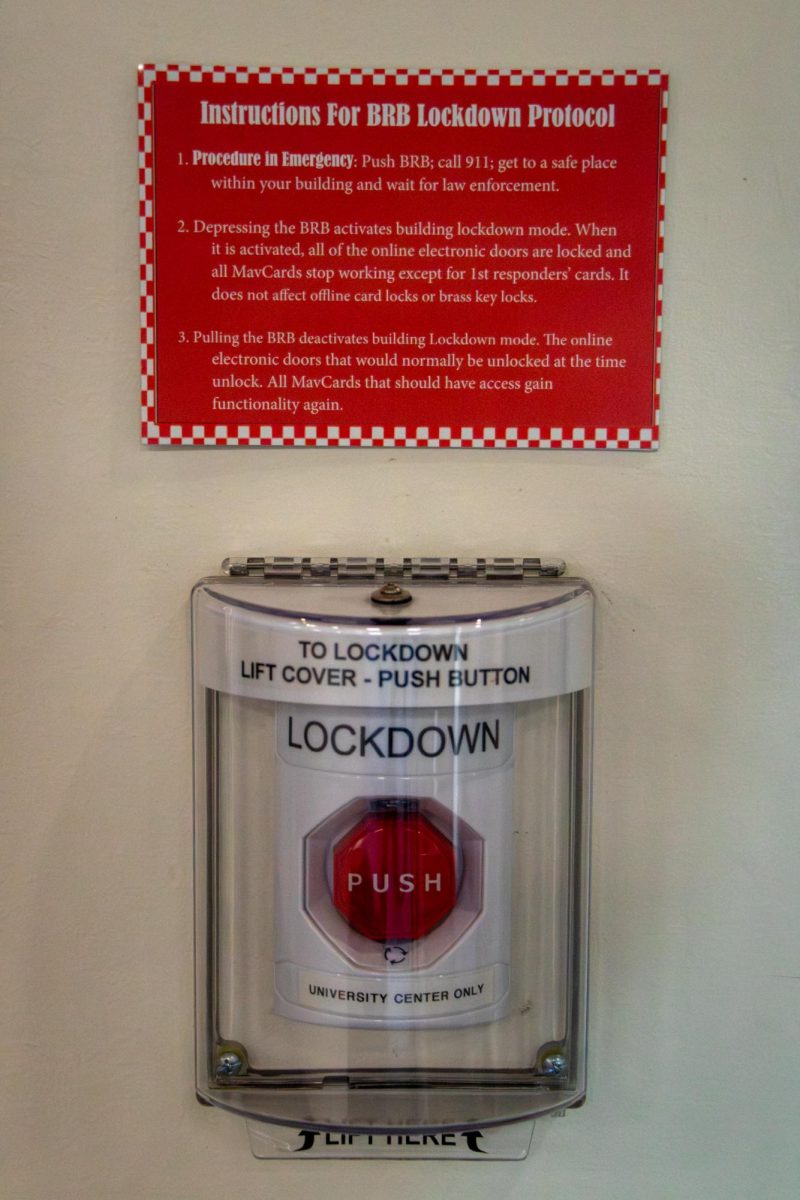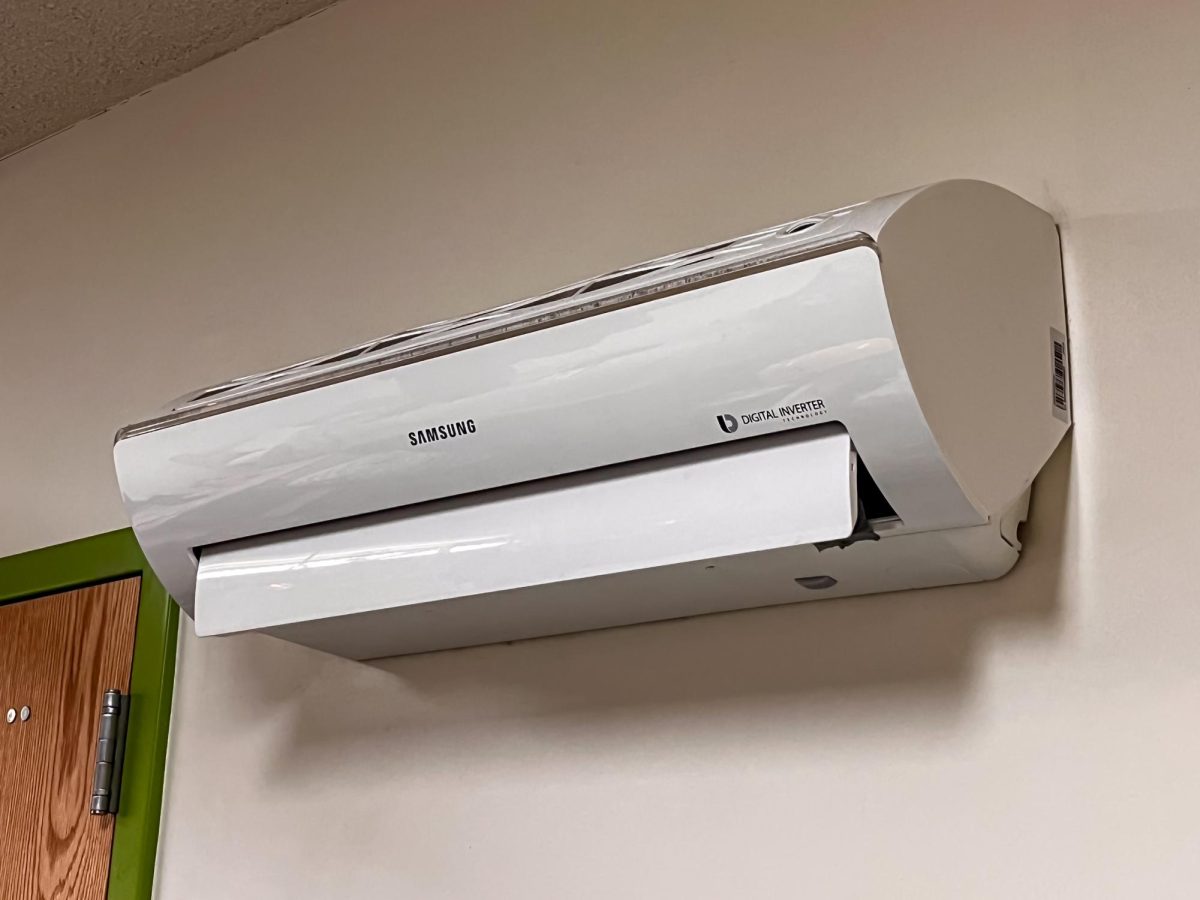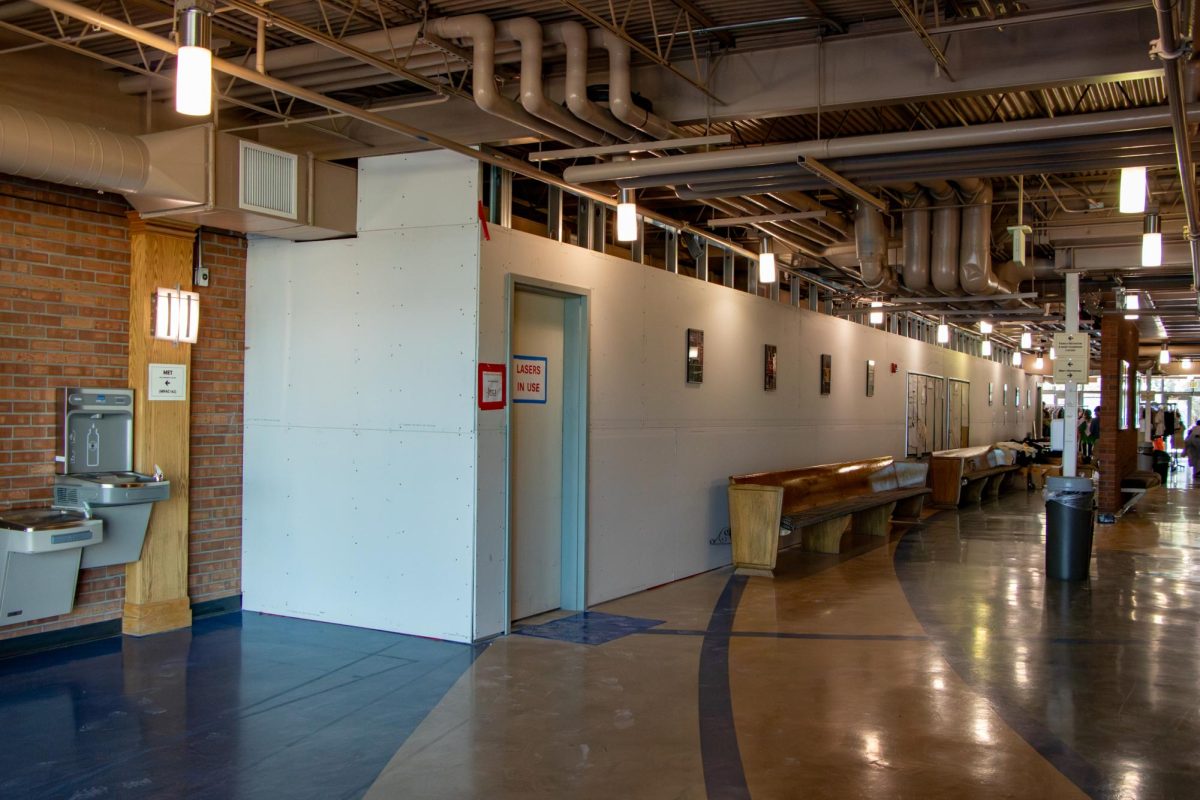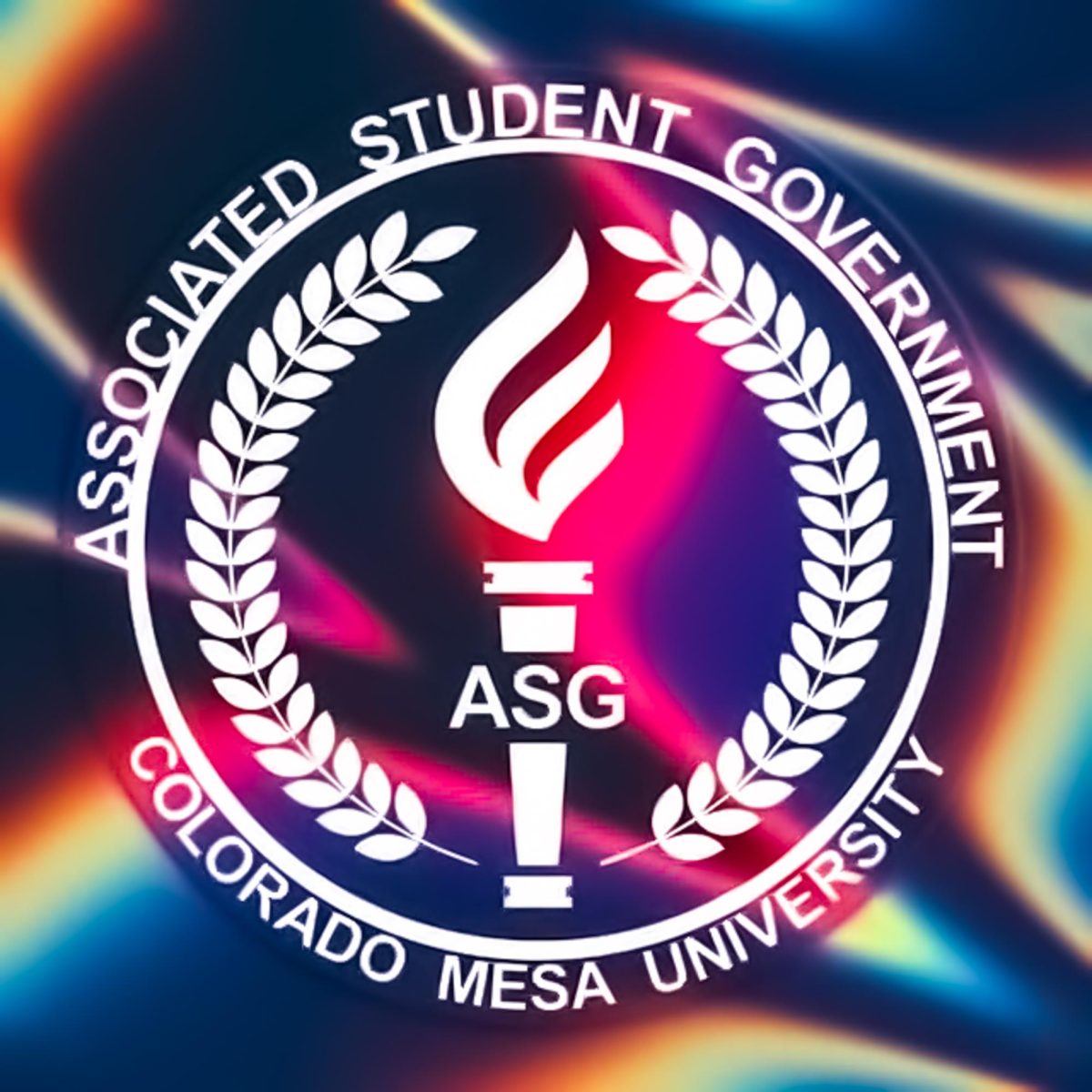While most students were kicking off spring break, tensions remained on campus. Early in the morning on March 17, the Grand Junction police department responded to reports of vandalism on campus. They found phrases spray-painted on and around Tomlinson Library, Wubben Science Hall, and the Jac Kephart Fine Arts Building.
The graffiti—which included phrases like “No Nazis @ CMU” and “F*** ICE”—was initially called “anti-government and racist” by GJPD. However, they revised their description a week later, stating in a press release that “the graffiti was not racially motivated. We were incorrect in using this word [racist].”
On March 28, police arrested two people in connection to the incident: CMU student Elizabeth Natsu and Jesse Mason, who does not attend CMU. Mason is not allowed on campus if released on bail.
While no official statement has been made regarding Natsu and Mason’s alleged motive, the phrase “No Nazis @ CMU” likely related to Jared Taylor, who was invited to speak on campus last month by the student-led Western Culture Club. This invitation sparked controversy and tensions on campus surrounding the ideologies Taylor has been associated with.
In addition to the anti-Nazi graffiti, the phrase “F*** ICE” was spotted around campus, referring to the US Immigration and Customs Enforcement. ICE has come under fire from immigration advocates for its enforcement of the Trump Administration’s immigration policies, which include expulsion of asylum seekers, family separation at the US-Mexico border, mass deportations, and the intent to establish detention camps for migrants. According to the Dept. of Homeland Security, over 37,000 people were deported during President Trump’s first month in office.
The vandalism incident occurred amid heightened political and social tensions on campus. The First Amendment of the Constitution states that Congress shall make no law abridging the freedom of speech. Those in support of allowing Taylor to visit campus argued that CMU is a government-funded university and therefore cannot limit speech. Others argued that freedom of speech does not protect hate speech and that CMU has a responsibility to protect its students from hate on campus.
CMU students have also expressed concerns over anti-immigration rhetoric and racism since returning to campus in January. Student clubs have more frequently held tabling events encouraging political action and dialogue. In one incident in February, students with Turning Point USA—a conservative advocacy group geared towards college students—asked passersby whether or not they supported mass deportations.
In addition to these heated debates, anti-immigration stickers have been spotted on light posts around campus. One such sticker read, “It is your civic duty to report any and all illegal aliens to U.S. Immigration and Customs Enforcement. They have broken the law.” The sticker was nearly identical to those that appeared across New York in 2018, for which Vanguard America claimed responsibility. Vanguard America is a neofascist organization from which the white nationalist Patriot Front split.
Natsu and Mason have been charged with felony criminal mischief. They appeared in court on April 3 with a set date to appear again on April 17.
While many view it as an art form, graffiti is legally considered vandalism when it is done on another’s property without permission. Criminal mischief is upgraded to a felony when it results in over $2,000 in property damage.
If convicted, Natsu and Mason face a minimum sentence of 1 year in state prison and/or fines ranging from $1,000 to up to six figures. It is not known if Natsu and Mason were part of a group or if they acted of their own volition.








